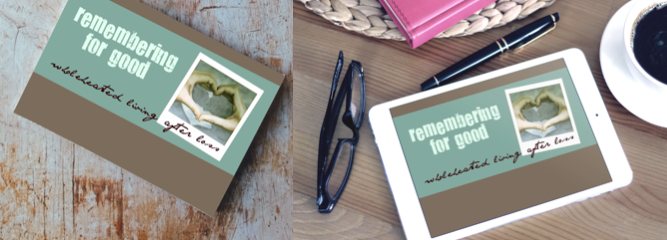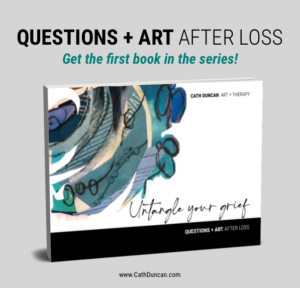
There’s a really interesting article at Psychology Today about the way that we look at each other’s lives and compare our grief.
My thoughts… hierarchies of loss are inaccurate inventions
Because of the work I do, I end up having a lot of conversations with people about loss and grief. I guess they intuitively sense that I’m comfortable talking about it and this opens the hatch. And then with many folks, there’s a moment when they’re fully into talking about how loss has affected them, where they remember that our daughter died, and then they get all uncomfortable and say something like, “But I feel really bad talking about my friend who died/ my child who’s left home/ my cat that died/ the job I lost/ my loss of health when you lost your daughter… that must be so much worse.”
Another way that I’ve personally experienced the hierarchy of loss has been in the question, “How far along was your pregnancy when your daughter died?” (Oh, if only I had a dollar for every time I’ve been asked this question…) They’re asking so that they can figure out where our loss sits in the hierarchy… the further along you were in your pregnancy when your child died, the higher they’ll place your loss on the hierarchy of loss (and the more permission you have to grieve.)
Have you noticed the hierarchy of loss coming up in your conversations?
Or maybe I should say “hierarchies.” Because there isn’t just one, objectively established, accurate hierarchy. There are multiple different versions of the hierarchy of loss, depending on who you talk to. All of them place certain losses at the top of the hierarchy, with the perception that those losses are harder, more important or more deserving of grief than others. And other types of losses are placed way down the bottom of the hierarchy where they’re minimized or ignored and we’re shamed for grieving them.
If you’ve ever heard anything like this, then you’ve seen the hierarchy of loss in action:
- “Cheer up, at least your grandpa lived a long life…” (old people are at the bottom of the hierarchy and you have less permission to grieve.)
- “Why aren’t you back at work already? It was only a first-trimester miscarriage…” (the younger the baby/ pregnancy, the lower it sits on the hierarchy, and the less permission you have to grieve.)
- “It was just a cat… I don’t know why you’re so upset. You weren’t this upset when your friend died.” (animals are lower on the hierarchy of loss than people, so you have less permission to grieve.)
The danger of hierarchies of loss
The only place that hierarchies of loss will take us is into judgment, shame and “should-ing,” where we’re placing rules on the way people grieve and granting or removing permissions based on our self-invented, arbitrary (and highly subjective!) hierarchy of loss.
What serves us all is to fully acknowledge each other’s losses. When it’s your loss, it’s totally different to someone else’s loss, because it’s the loss that you personally have to deal with everyday. What serves us all is when we give each other full permission to feel and grieve as much as we do. What serves us all is when we can all grieve without judgment and shame. Then at least we’ll all feel free to drop the walls and be the biggest losers together. And it’s in the togetherness that our losses become bearable and we let joy and peace and love and hope back into our lives.
Image by terren in virginia.
Would you like guidance to explore and heal your grief?
I’ve put together a 35-page grief “workbook” for you; an introduction to Remembering For Good and living wholeheartedly after loss. Learn more about the Remembering For Good grief workbook.
The first book in the QUESTIONS + ART AFTER LOSS series, Untangle Your Grief is a beautiful 65-page book of artful questions and creativity-sparking art prompts to help you to create meaning, belonging, and hope after loss.




Cath,
I went to get my hair done at my usual salon after 6 months and my hairdresser found out I’d lost two babies. She then immediately poo pooed the experience, saying well, I’m sure it was early on and you can move right on and try again. Then asked me, “How far along were you? Like 5 or 6 weeks right?” I said, “No, I was 13 weeks with the first and 8 weeks with the second.” Tears instantly welled up in her eyes and she then gave me permission to be affected deeply by it.Yes, I get this question all the time. My first baby qualifies as a horrific loss, but my second does not. Know what I mean?Thanks for always telling the truth and helping so many of us!xo,Dana
I now subscribe to your site and like to be your follower. If you wish, kindly subscribe to mine as well. So we can follow each other sites. I am so impressed to read your awesome post and really appreciate. Your tips are highly effective and I love to follow that. If I have any question, I will ask. May you be blessed with longest life and take care.
https://howtobe-healthy.webs.com